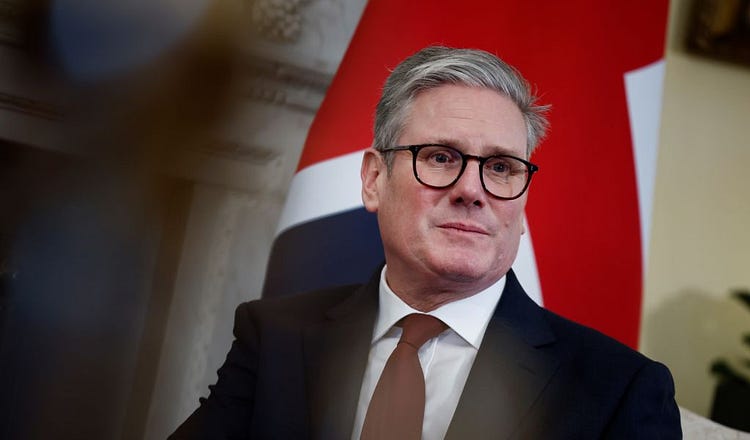
LONDON — The grooming and serial rape of thousands of English girls by men of mostly Pakistani Muslim background over several decades is the biggest peacetime crime in the history of modern Europe. It went on for many years. It is still going on. And there has been no justice for the vast majority of the victims.
British governments, both Conservative and Labour, hoped that they had buried the story after a few symbolic prosecutions in the 2010s. And it looked like they had succeeded—until Elon Musk read some of the court papers and tweeted his disgust and bafflement on X over the new year.
Britain now stands shamed before the world. The public’s suppressed wrath is bubbling to the surface in petitions, calls for a public inquiry, and demands for accountability.
The scandal is already reshaping British politics. It’s not just about the heinous nature of the crimes. It’s that every level of the British system is implicated in the cover-up.

